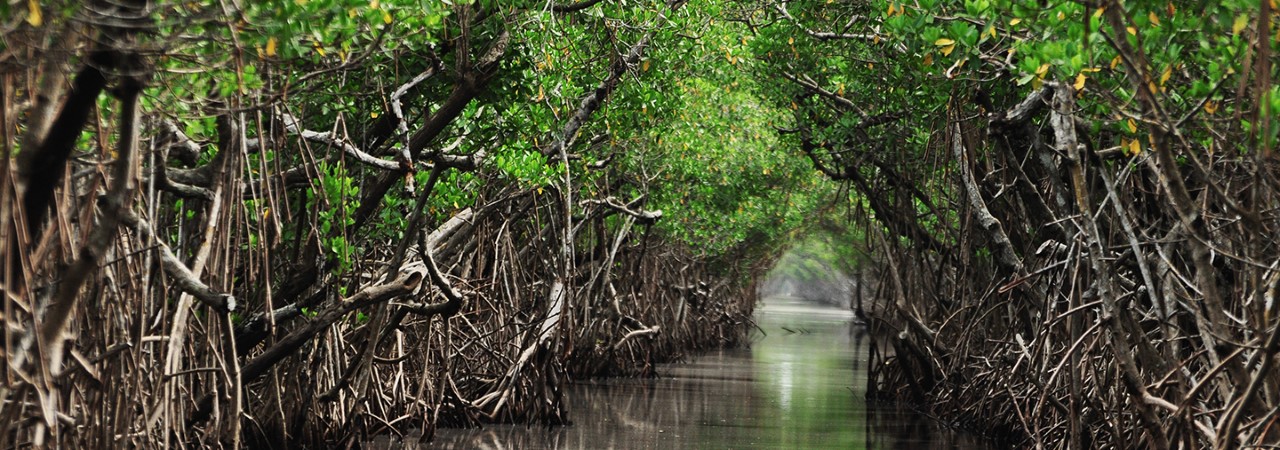As part of our Environmental Law Program, our environmental law Concentration and Area of Focus help prepare students for careers in the environment. Businesses, activists, and governments must be well-versed in environmental law as they seek to comply with environmental regulations and push for changes. As environmental concerns accelerate, lawyers in all fields will need to grapple with the implications of climate change and related issues. Environmental lawyers work closely with clients across many industries. It is a complex and often continually growing area of law involving ethics as well natural and social sciences. Students will learn the importance of statutory and administrative while considering how to grapple with community impacts and environmental justice issues.
Concentration Requirements
This Concentration requires a total of 25 credits, 7 from required courses, 6 from distribution courses, 2 from a writing requirement, and 10 from elective courses.




